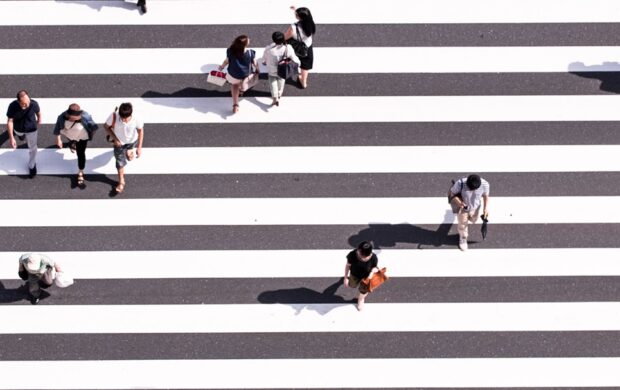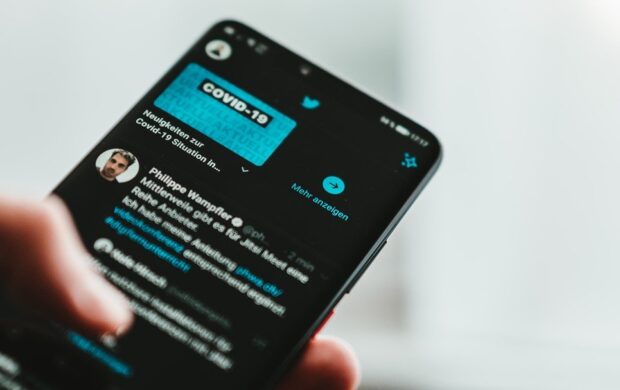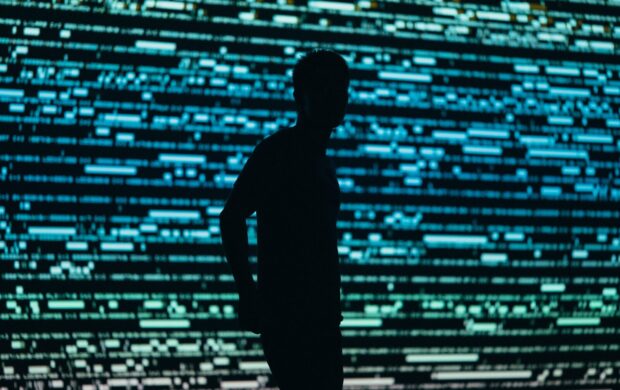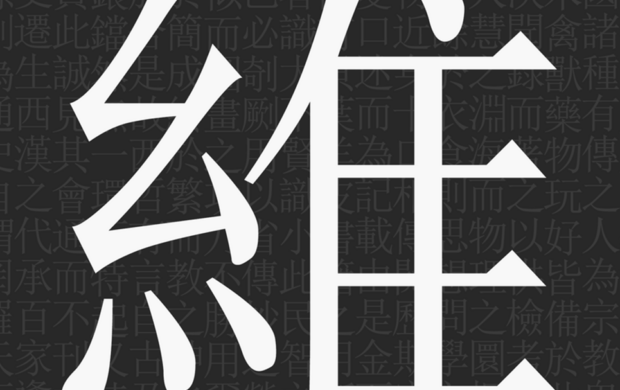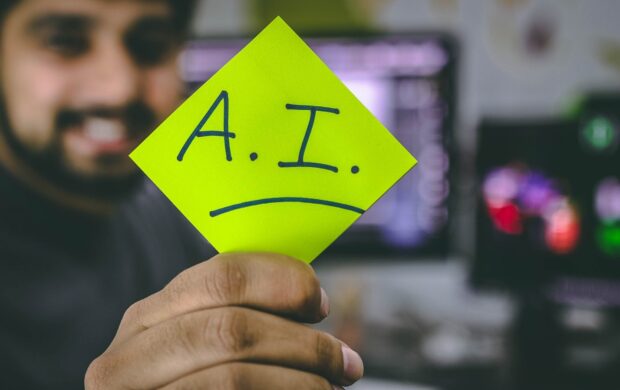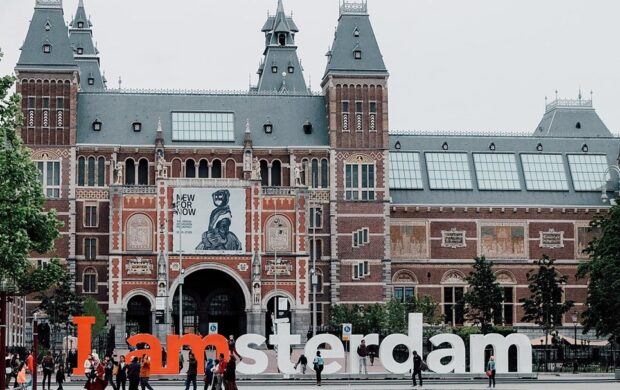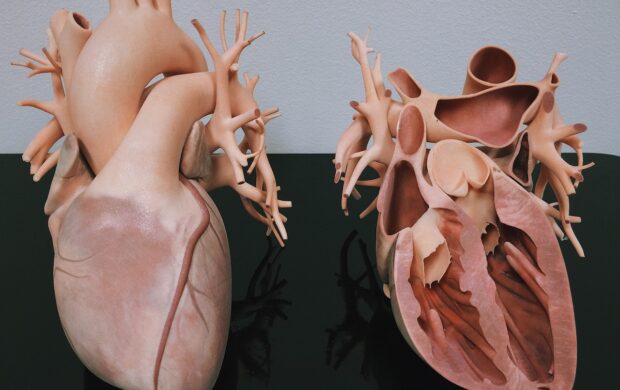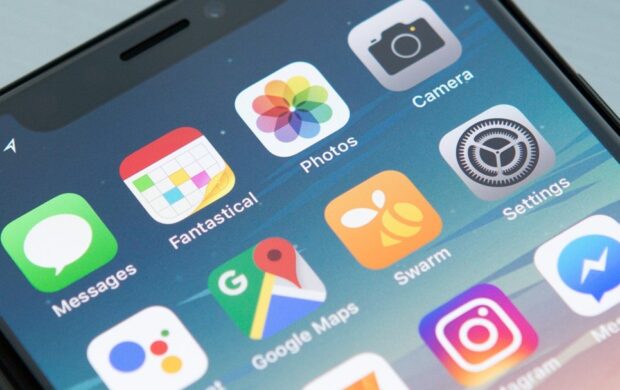Many countries are using or developing contact-tracing apps to track the COVID 19 virus among their populations. These apps use Bluetooth to identify which phones a user’s phone has come into close contact with and then notifies those phones if the user reports symptoms or is diagnosed. Some apps collect additional data such as home address/area, GPS location or phone number.
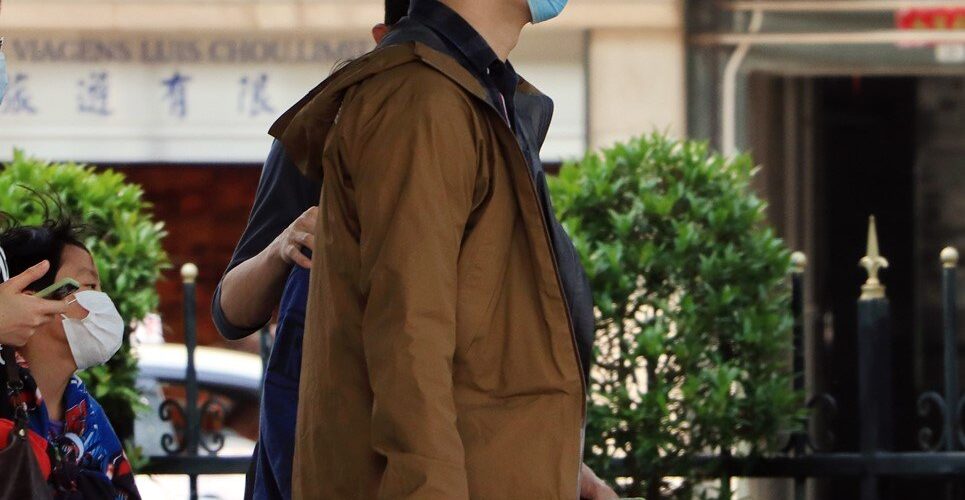
A split has formed between countries choosing to adopt a ‘centralised’ versus a ‘decentralised’ approach to contact-tracing apps.
Tech giants Apple and Google, who run mobile phone operating systems iOS and Android, openly back a decentralised approach. They have developed their own platform for decentralised contact-tracing apps and Apple has declined to make their iOS system compatible with a centralised approach (resulting is reduced app functionality and drained phone batteries). As a result, Singapore, Colombia, Australia and Poland – who were planning for or already operating a centralised approach – have signalled that they will move to a decentralised one.
Centralised and decentralised contact-tracing apps are not fully compatible with each other; making it difficult to trace the virus across borders if countries are using different approaches.
So what?
A key trade-off between approaches is whether to maximise data availability to health services or privacy protections to individuals (see signal of change – Data protection rules are being relaxed across the globe in response to the COVID-19 pandemic). Should it be up to individual governments or companies to make this choice – especially where cross-border cooperation is key?
What lessons can we learn from this challenge to help international monitoring and cooperation on other key cross-border issues, such as climate and biodiversity?
Does the role of tech giants in the centralised / decentralised debate indicate a move towards greater respect for data privacy – or more opportunities to hold governments to ransom?
Signal spotter: Joanie Koh
Photo by Macau Photo Agency on Unsplash
Sources
-
 Germany ditches centralized approach to app for COVID-19 contacts tracing https://social.techcrunch.com/2020/04/27/germany-ditches-centralized-approach-to-app-for-covid-19-contacts-tracing/
Germany ditches centralized approach to app for COVID-19 contacts tracing https://social.techcrunch.com/2020/04/27/germany-ditches-centralized-approach-to-app-for-covid-19-contacts-tracing/ -
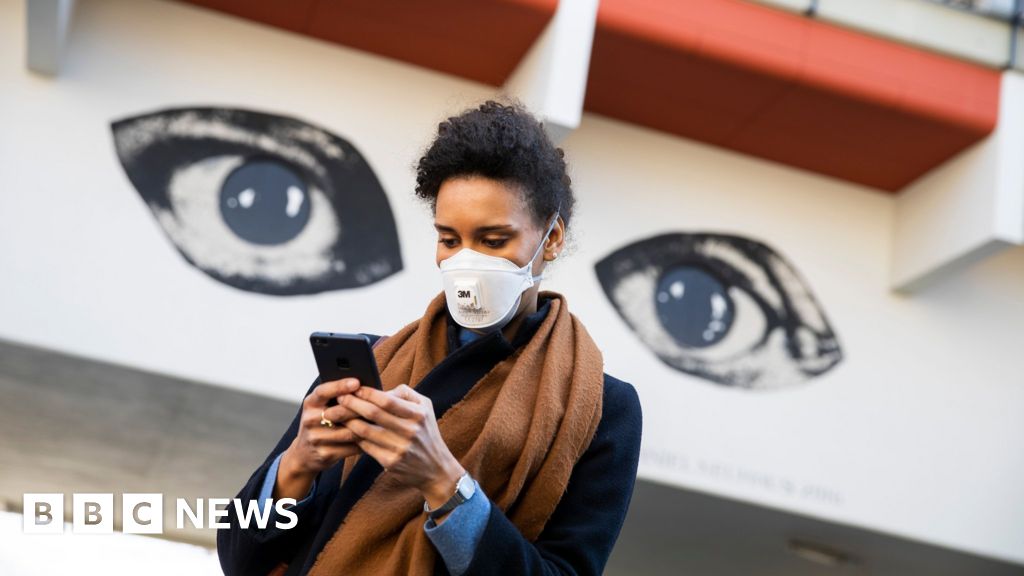 Coronavirus contact-tracing: World split between two types of app https://www.bbc.co.uk/news/technology-52355028
Coronavirus contact-tracing: World split between two types of app https://www.bbc.co.uk/news/technology-52355028 -
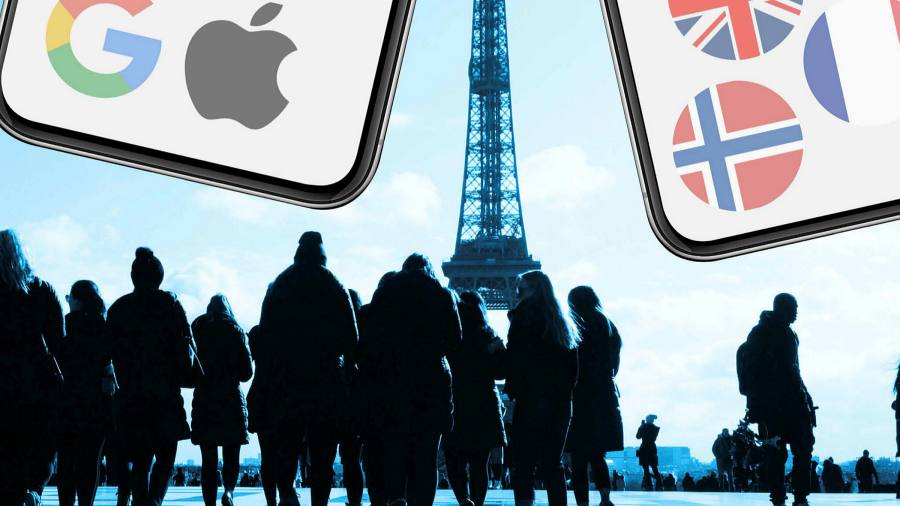 How Europe splintered over contact tracing apps https://www.ft.com/content/7416269b-0477-4a29-815d-7e4ee8100c10
How Europe splintered over contact tracing apps https://www.ft.com/content/7416269b-0477-4a29-815d-7e4ee8100c10 -
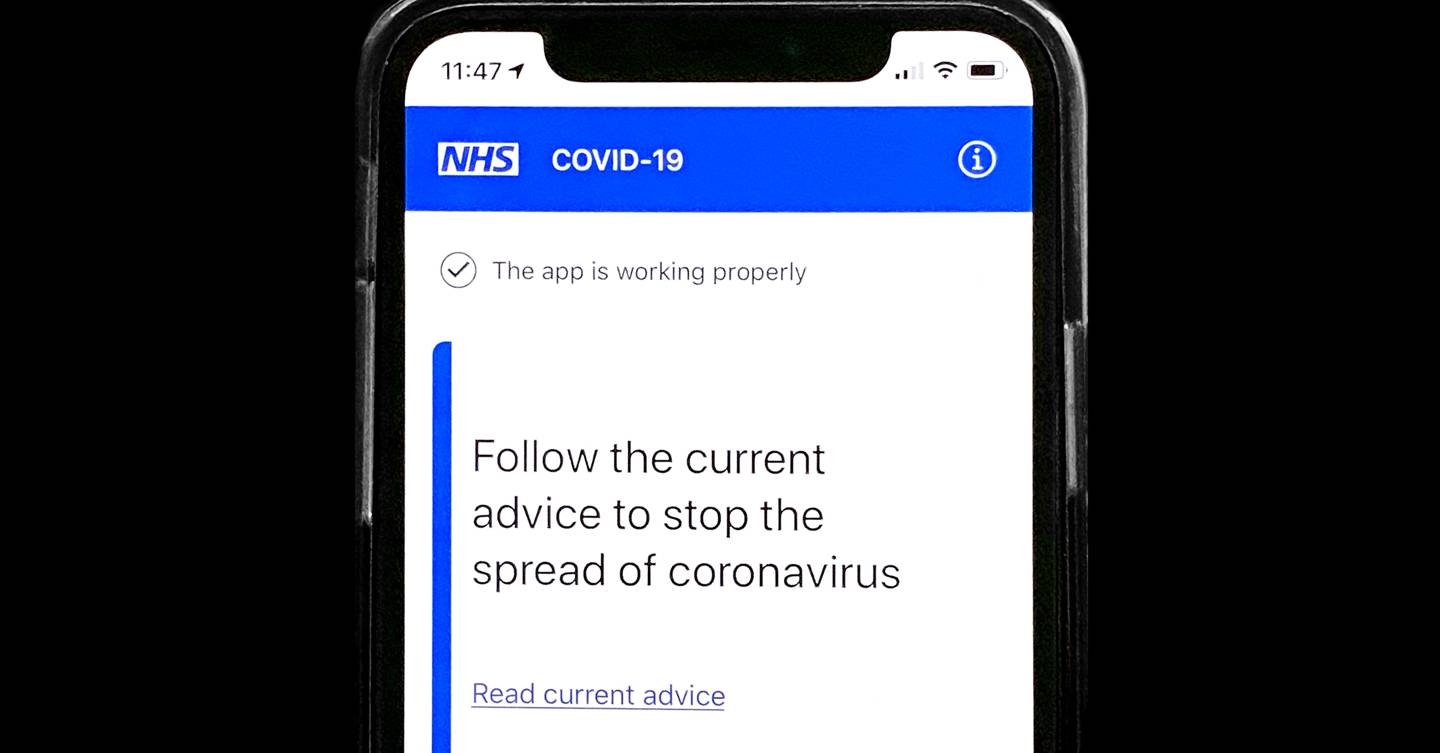 Everything you need to know about the new NHS contact tracing app https://www.wired.co.uk/article/nhs-covid-19-tracking-app-contact-tracing
Everything you need to know about the new NHS contact tracing app https://www.wired.co.uk/article/nhs-covid-19-tracking-app-contact-tracing
